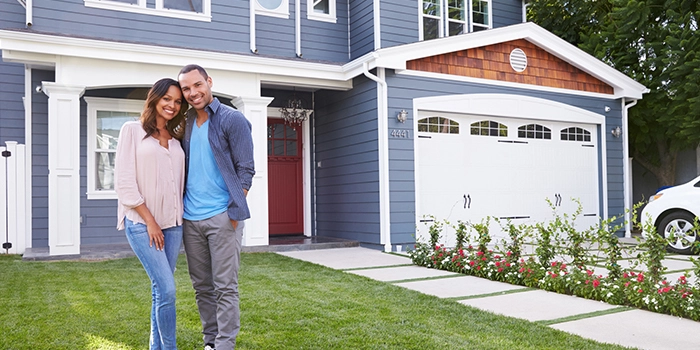How Much Rent Can I Afford?


Renting a home is always a big step, and as you browse listings, you might have some questions. How much can I really afford in rent? Is there a rule of thumb when it comes to rent costs?
These are important financial questions to ask when renting a place. And while you might have certain amenities, locations, square footage and aesthetics in mind, there’s no doubt that one of the most important factors is price.
If your rent payment is too high, you’ll be scrimping when it comes to food and entertainment, and you’ll hamper your ability to pay bills, save money or establish an adequate emergency fund. That’s why figuring out how much rent you can really afford is critical to your financial success. We’ve put together some tips for getting it right.
The question of what percentage of your income should go to rent is a tricky one and depends at least in part on what part of the country you live in and what your other expenses are. You may be able to spend a bit more on rent if you live in a place with a robust public transportation system, for instance, which means you don’t need to spend money on a car. On the other hand, if you’re providing for children or other dependents, you may need to spend less on rent. How much of your income goes to rent needs to be a determination partly based on your budget.
However, there are some basic guidelines for smart rent choices. It boils down to a percentage of your income that should generally go to rent.
How much of your income should go to rent? Consider the 30% rule of thumb.
The 30% rule states that you should find a place with a rental fee that is less than or equal to 30% of your monthly take-home pay. In other words, add up your take-home pay from the last month, then multiple it by 0.3. That’s the maximum amount of rent you should probably pay. There is also a handy income to rent calculator that takes into account any outstanding debt payments such as student loans or credit cards as well.
Of course, this rule has some wiggle room. For example, someone with a lot of debt will want to keep their rent lower so they can pay off their obligations. Similarly, splitting rent with a roommate means you can select a place with higher rent, as long as your portion doesn’t exceed 30% of your income.
Before you sign the lease, add up your monthly bills and expenses aside from rent — such as what you spend on groceries, fun, utilities, car payment, credit card bills, renters insurance and so on — and make sure the remaining 70% covers the total amount while still leaving you enough money to save and keep yourself financially fit. We’ve put together a guide to budgeting to help you through the process.
If it’s your first time renting, make sure you’re thinking about more than just your rent payments. For instance, you’ll want to find an affordable renters insurance policy that can help you protect your belongings. You’ll also want to know what your landlord is responsible for. If you’re thinking about a rent-to-own agreement, be sure you’re informed. And if you’re deciding between buying and renting, take all the considerations into account.
Contact a Farm Bureau insurance agent for a renters insurance quote and to determine which coverage is the best fit for your needs.